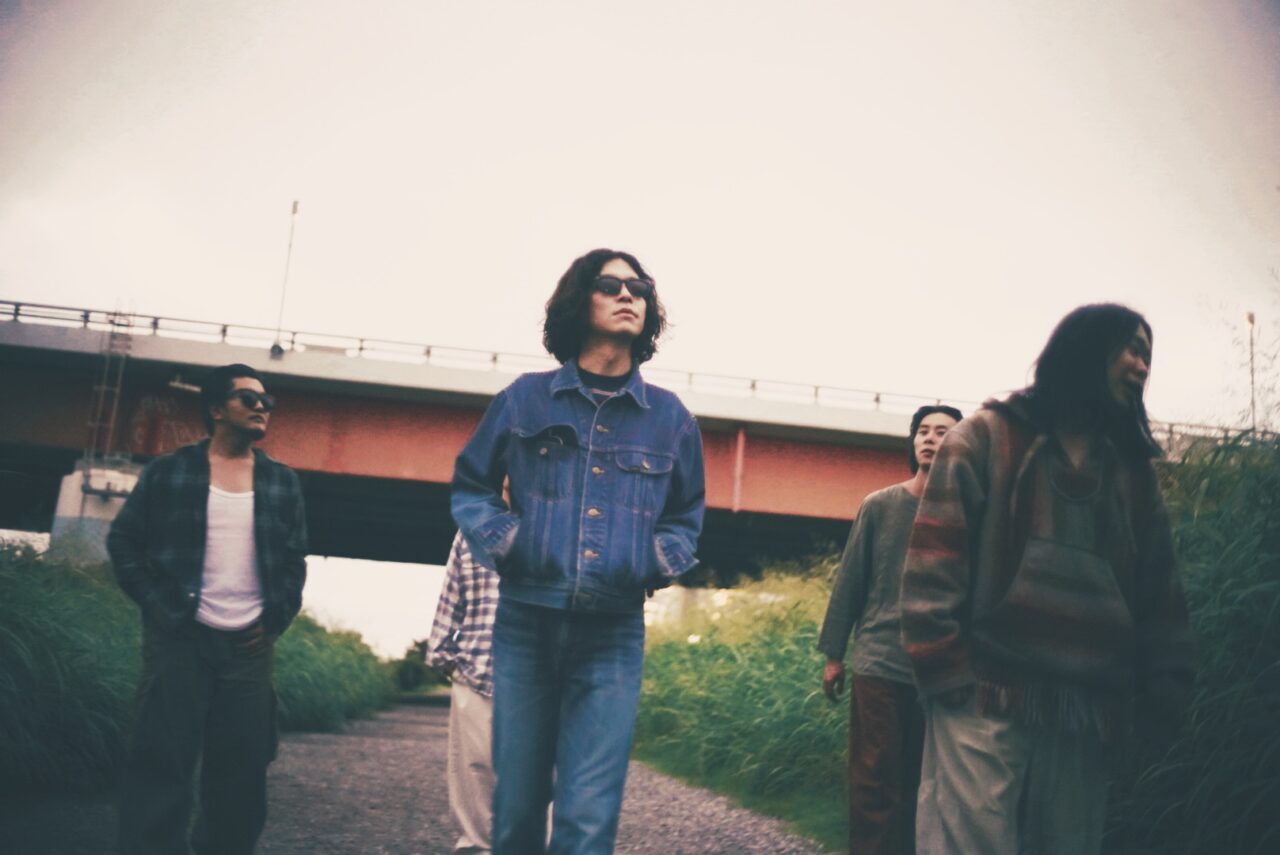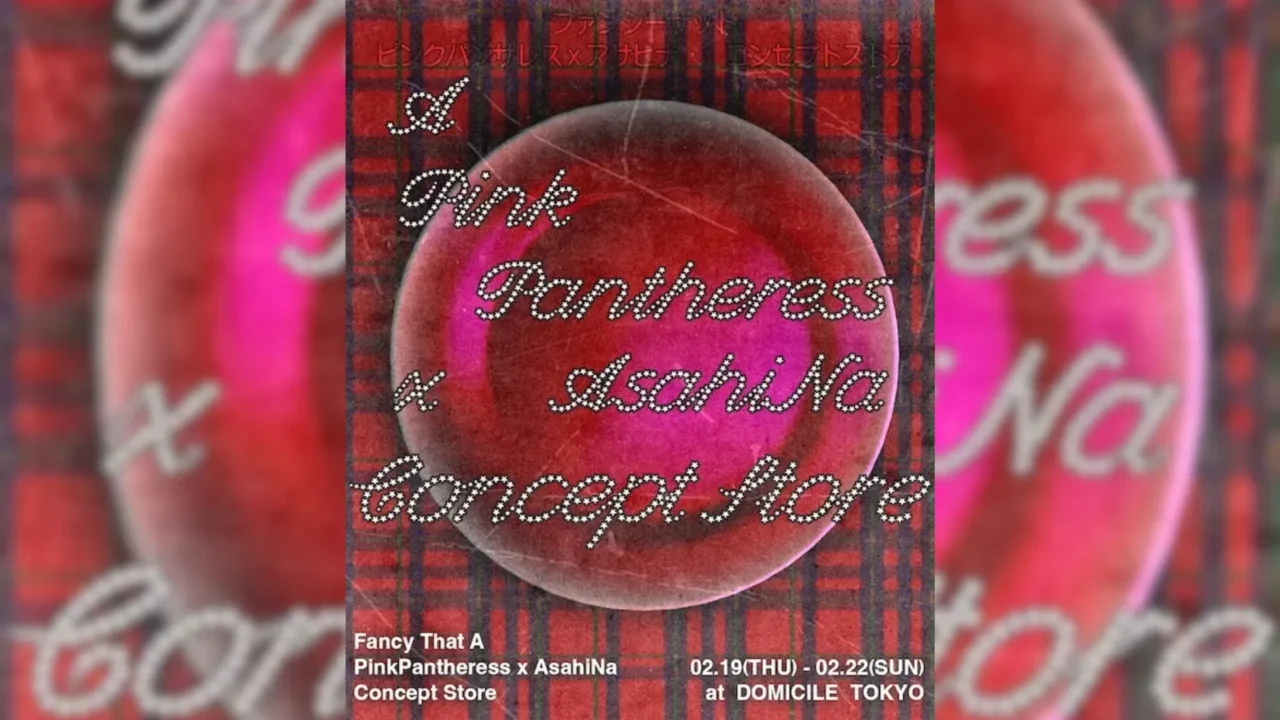INDEX
The Power of Connection: Discovering Yourself in Others
How about you, Yusuke?
Yusuke (Key): I still don’t really understand what kind of band Hedigan’s is. I don’t really want to think about it too much. Our goal is just to keep enjoying ourselves and continue, and there’s no specific ‘where we want to go’ in mind. I also don’t really know how this album will impact people, or if it will have any impact at all. For me, I find the areas where things don’t go as I expect to be more interesting. Since it’s a band, we’re not creating on our own, and I think what’s interesting is how each of our intentions come together and result in something unexpected. So, I might not be thinking too deeply about it on purpose.
Is that the same stance you have with Glider, the project you’re doing with Shouji? Or is it something specific to Hedigan’s?
Yusuke: It’s especially the case with Hedigan’s. With Glider, Shouji and I have similar tastes, and we do more conceptual work, so it feels more like a ‘project’ than a ‘band.’ It’s more like, ‘we’re coming together to create this specific piece of work.’ With Hedigan’s, it’s a bit more casual, like we all gather and think, ‘It’d be great if we could make something interesting.’ While there are differences in style, the underlying factor is just ‘we want to do something fun,’ so in that sense, it’s the same.”

I found it interesting that you described working toward a certain goal as a ‘project.’ So, for Hedigan’s, it’s really about continuing to spend good times together as a band, with the five of you, right? How about you, Takuma?
Motomura: Since the other three have already talked about the external aspects, I’ll share my personal perspective. I feel that Chance became a work that really reflects what I was thinking. There are times when you realize something about yourself not by thinking about it directly, but when the other person acts as a mirror. When you’re talking with someone, you may unconsciously say something, and later realize, “Oh, this is how I think in situations like that.” I feel like that’s what happened with this album. In terms of both the actual words used and the unspoken parts, it’s a work that involved a lot of communication, and that’s what made it special.
Listening back to the album, I also realized that my own understanding has deepened. I put my heart into it, and now I can see how much I opened myself up during the process. In that sense, I think this is a work that really makes you feel a strong sense of ‘connection.’ It helped me gain a clearer understanding of what it means for people to be together.
‘Connection’ is a term that’s often used, but I think it’s beautiful to describe how, through communication with others, you can face your own inner self. You’ve played in various bands, including Yūran-sen; what do you think it is about Hedigan’s that brings out this kind of ‘connection’?
Motomura: I don’t think that the other bands I’ve been in, or the ones I’m in now, didn’t have that kind of connection, but I think it’s also a matter of timing and age. After turning 30 and going through various experiences, I feel like I can observe what I’m doing now in real time, while also using the lessons I’ve learned from the past. When we were recording, I used to be so absorbed in it, but now I can look at things from a different perspective, like, ‘This moment is special, so let’s do this seriously!’—I was even standing with my arms crossed, watching myself do it [laughs].
Yusuke: I can’t believe you were like that [laughs].
Motomura: I was even standing in the corner of the studio, [laughs]. I really feel the strength of timing and fate. For me, and for the other members, everything—timing, environment, mental state, health—just happened to align perfectly, allowing us to come together. I’m just filled with gratitude.
























